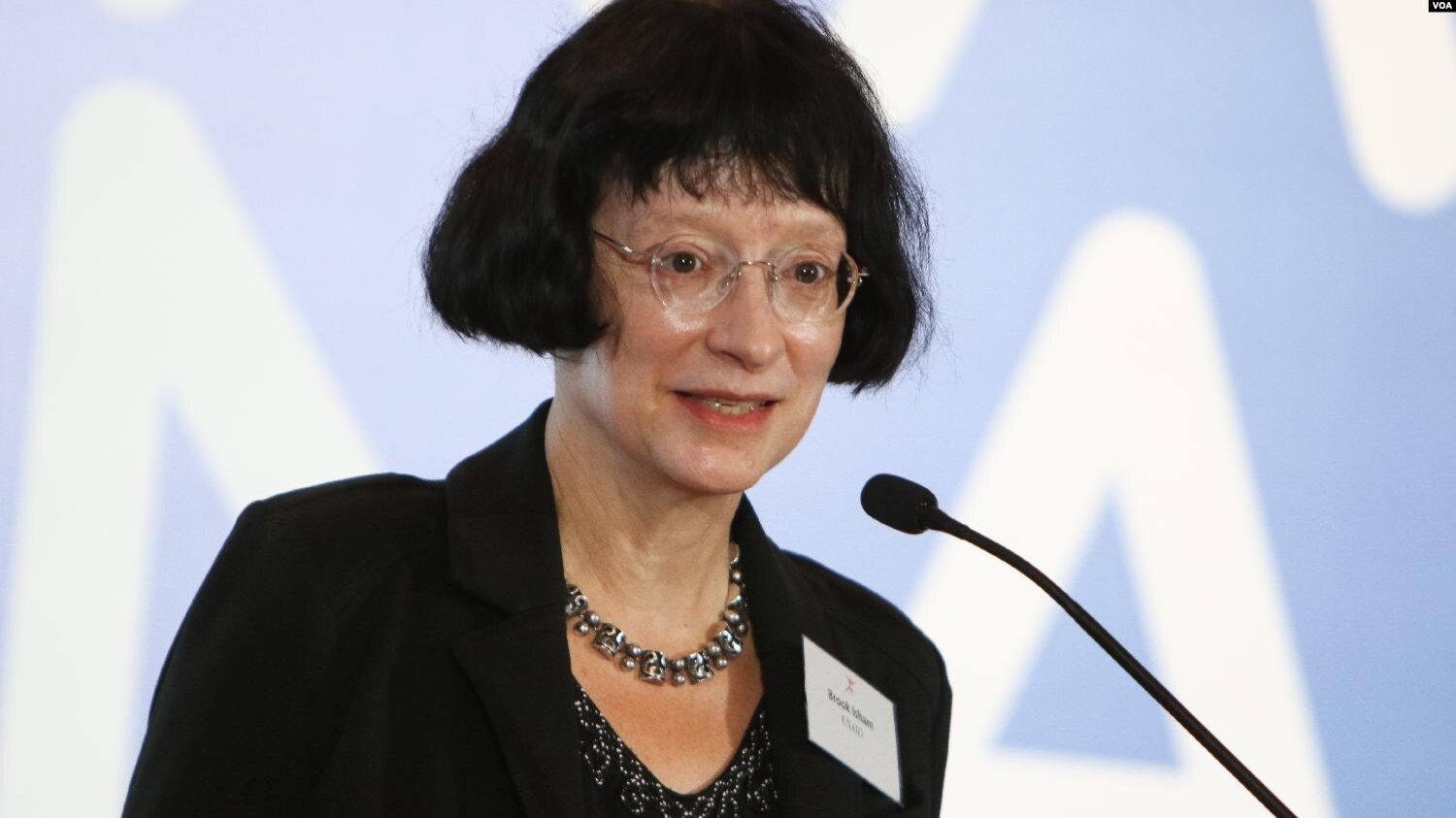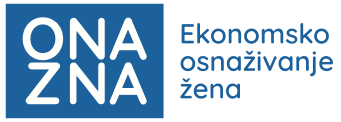
“She Knows” – an important program for the economic empowerment of women

BELGRADE — According to the Business Registers Agency, men are three times more represented as representatives and founders of business entities than women.
According to data presented by the Minister for Human and Minority Rights of Serbia, Tomislav Žigmanov, women are not more numerous than men even in the registers of associations, endowments, and foundations.

At the presentation of the four-year project “She Knows – Economic Empowerment of Women,” Žigmanov also presented specific data:
“Of the total number of registered business entities, 128,208, among the representatives of business entities are 95,512 men or 74.2% and 31,301 women or 25.5%,” Žigmanov emphasized with the message that the “She Knows” project is aimed at supporting women in Serbia to achieve their full potential and thus contribute to the communities in which they live.
According to him, although it is very important, empowering women does not only mean economic support, but also the segment of that process that relates to free legal assistance or training to acquire various knowledge and skills, added Žigmanov.
He emphasized that such a form of women’s empowerment is especially significant in the Jablanica and Pcinja districts.
As the director of the USAID Mission in Serbia, Brooke Isham, said, the project should empower women who will play a larger role in Serbia’s economic development, especially in rural areas, as these are the locations where it is most needed.

“That potential can only be realized when the obstacles that exist for women are removed. Therefore, the project will cooperate with private companies to adopt and implement policies that will lead to the development of women and mentoring for women as part of the workforce. We will also work with women entrepreneurs to have greater opportunities and access to credit,” said Isham.
The USAID official particularly emphasized that including women in the economy is not just a matter of fairness, but is crucial for prosperous communities and the education of children.
Speaking about the increasingly common phenomenon of “broken ladders,” Commissioner for the Protection of Equality Brankica Janković explained that it is the moment in a business woman’s career when she faces a barrier in trying to balance professional and private life.
“So, the moment children enter our lives and all the positions she has achieved through work stop, freeze, with a really big risk of whether it will continue. This is the most important field for the business community to act, to have inclusive leadership, to have leaders in companies ready to realize that this is the moment when women need the most support, and actually, not just women, men need it too, but more women because we have not achieved equality in private life,” said Janković.
The American Chamber of Commerce in Serbia (AmCham) conducted research in Serbia on women’s empowerment initiatives, showing that gender equality is an increasingly present topic in Serbia, but that the research also showed certain challenges.
“These challenges are balancing private and professional life, gender pay gaps, and the need for women to have the opportunity to be in leadership positions,” said AmCham Board President Stefan Lazarević.
He also stated that women have difficulty accessing capital, especially when they start developing entrepreneurial ideas. One reason for this is gender stereotypes, which often keep women in the shadow of their colleagues – and do not have the opportunity to advance as they should, considering their efforts and results.
As a project worth two million dollars, funded by the American Agency for International Development (USAID) and implemented by Impact Hub, the “She Knows – Economic Empowerment of Women” project is focused primarily on supporting young women living outside major cities.
Partners of this project include, among others, the American Chamber of Commerce in Serbia (AmCham), as well as the Center for Development of Jablanica and Pcinja Districts.



